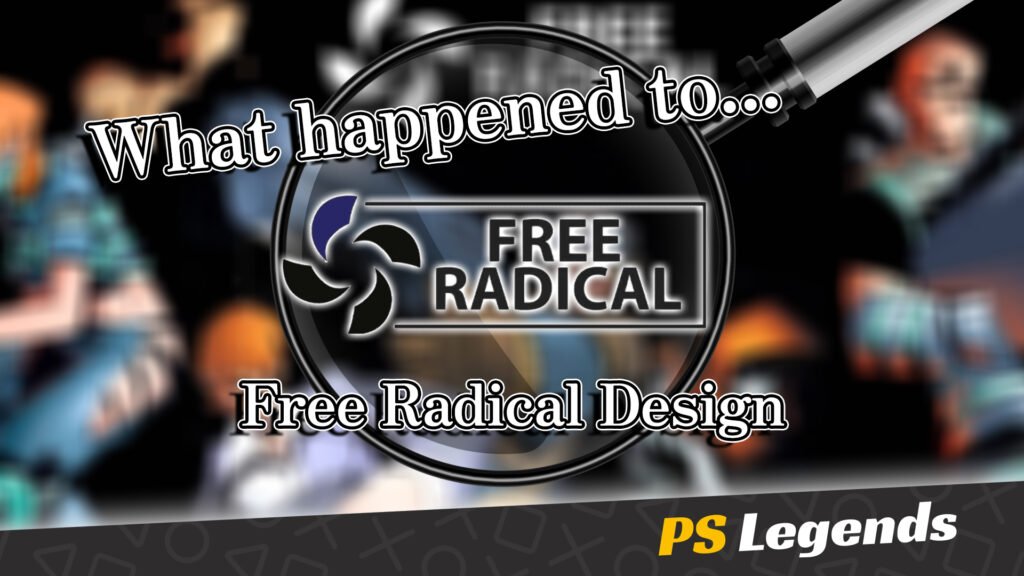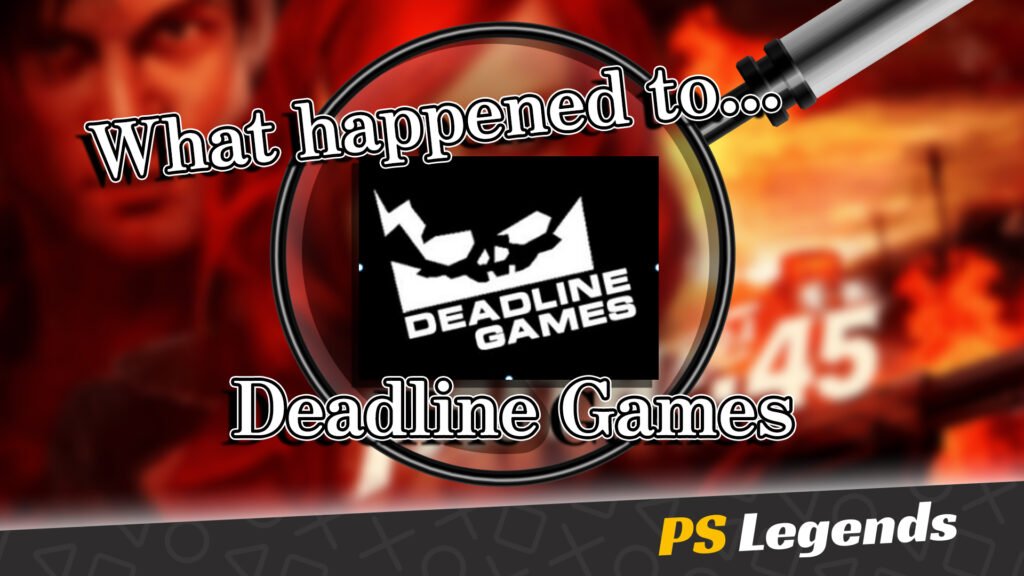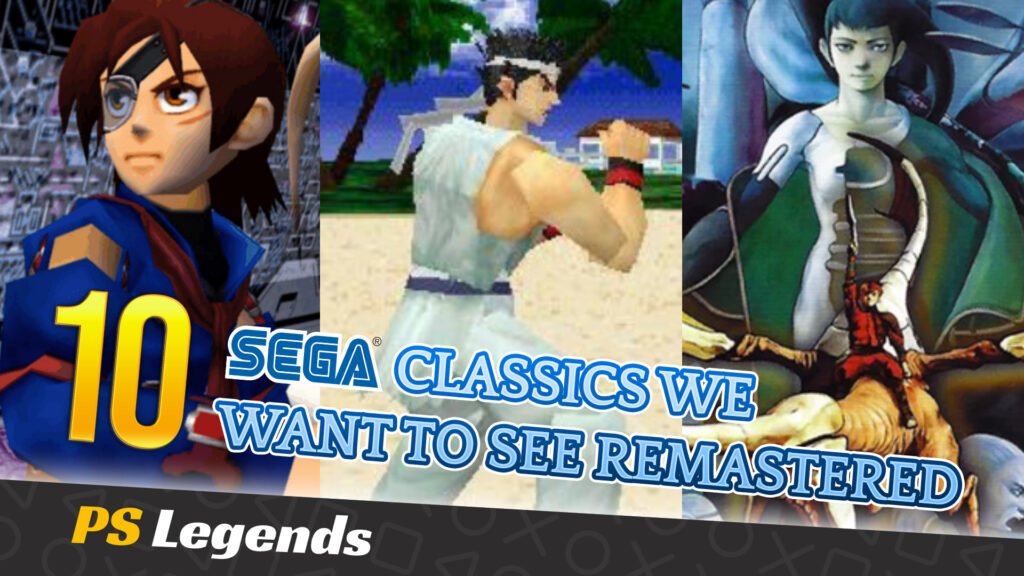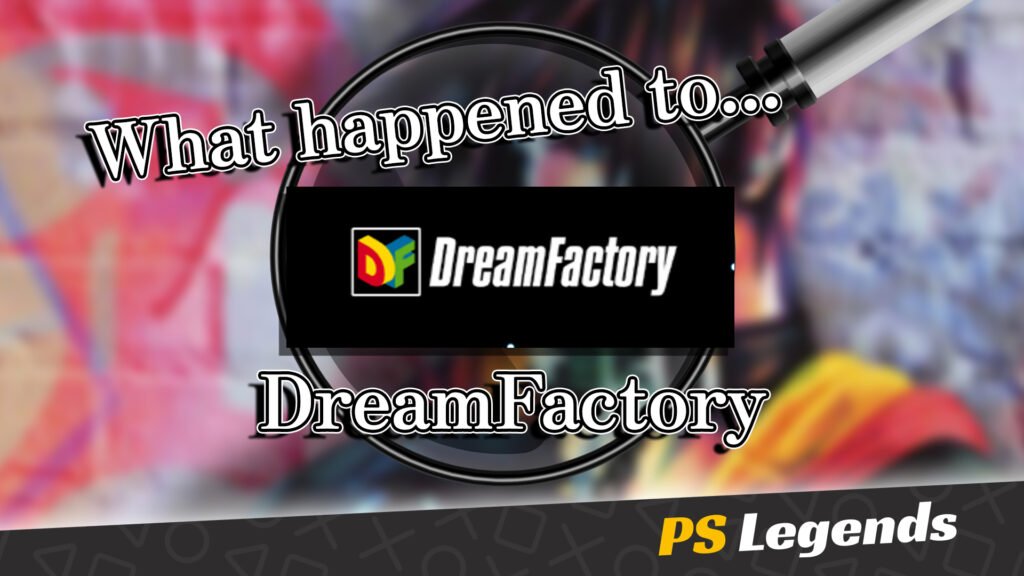All Guns Blazing
Free Radical Design Ltd. was a British video game developer based in Nottingham, UK. Founded by David Doak, Steve Ellis, Karl Hilton and Graeme Norgate in Stoke-on-Trent in April 1999, they are best known for their TimeSplitters series of games. Most of Free Radical Design’s initial employees previously worked for the game developer Rare. While at Rare, David Doak, Steve Ellis, Karl Hilton, Graeme Norgate, Lee Ray and James Cunliffe worked on the Nintendo 64 first-person shooters GoldenEye 007 and Perfect Dark.
From late 1998 to early 1999, this team left Rare to form Free Radical Design, which was established in April 1999, with their first release being TimeSplitters for the PlayStation 2 in 2000. It was known for its very fast-paced gameplay and its particular emphasis on multiplayer rather than story. TimeSplitters attracted attention at the time because of the former Rare employees’ work on the critically acclaimed GoldenEye 007. Its sequel, first-person shooter TimeSplitters 2, released with critical acclaim in 2002.

One Step Forward, Two Steps Back
Free Radical Design was working on Star Wars: Battlefront III from 2006 to 2008, but it was cancelled by their publishing partner when it was supposedly “99 percent” complete. The cancellation of this title, and the poorly received release of their new IP, Haze, contributed to Free Radical Design going into bankruptcy. The team would desperately attempt to secure a buyout or new partnership to keep the team afloat.
In late 2008, Free Radical Design was approached by Activision to work on a GoldenEye 007 remake. Although the studio rebuilt the Dam Level for the PlayStation 3 and Xbox 360, negotiations fell through, with the studio entering administration soon afterwards. The remake would release on those consoles without Free Radical Design’s involvement in 2011. On 18th December 2008, it was reported that the studio had shut down, though it was later confirmed that the company was still bankrupt, leaving only 40 of the original 185 staff still employed.

The Crytek Rescue
On 3rd February 2009, Haze scriptwriter Rob Yescombe announced that Free Radical Design had been purchased by German game developer Crytek and renamed ‘Crytek UK’. Crytek had a good relationship with the city of Nottingham due in part to its sponsorship of the Gamecity festival and its recruitment drives with Nottingham Trent University. In 2010, the company moved from Sandiacre to brand-new offices in the new central Nottingham Southreef development. A £50 million investment would allow Crytek UK to “grow over the next few months”.

In June 2014, reports surfaced that Crytek had missed wage payments and withheld bonuses for the company’s employees, and that as a result, a number of employees had filed grievances and refused to report to work, and at least 30 employees had left the company since 2011 alone due to decreasing morale at the studio. After denying that there were issues, Crytek later admitted on 25th July 2014 that the company was in a “transitional phase” as it secured capital for future projects, with a particular new emphasis on online gaming.
On 30 July 2014, Crytek announced that, due to an internal restructuring, it would sell the intellectual property of Homefront. Reboot Homefront: The Revolution, was in development at Crytek UK at the time and sold to Koch Media, parent company of game publisher Deep Silver. Crytek would lay off much of the company’s staff but left it unclear whether the company had been shut down entirely, however all staff would soon be transferred elsewhere.

One Last Dance
All Crytek UK staff were transferred to the new Dambuster Studios being established in Nottingham in accordance with British employee protection law, where they afterwards continued to work on Homefront: The Revolution. Dambuster Studios is the third Deep Silver in-house development team, following Volition and Fishlabs. By August 2019, Dambuster had taken over the development on Dead Island 2 from Sumo Digital, and had 140 employees.
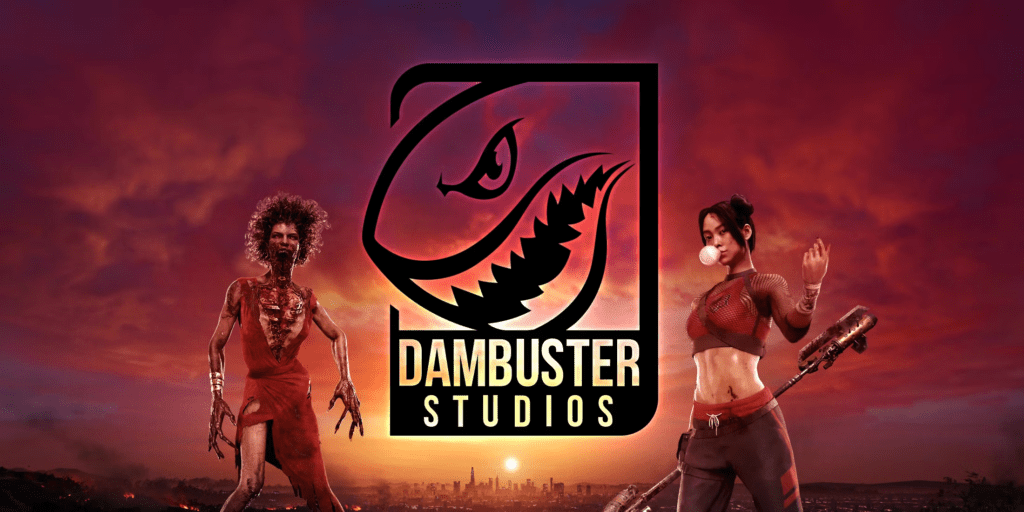
In May 2021, Embracer Group announced during their 2020–2021 full-year report that Free Radical Design would be reformed as a subsidiary of Deep Silver with the intent of bringing “the much-loved TimeSplitters IP back to life”. Key original members of the original Free Radical Design were involved in the reformation, including founders Steve Ellis and David Doak. Their studio was again based in Nottingham.
In November 2023, VGC reported that the company was set to be closed down by the Embracer Group, which had been restructuring its company and subsidiaries for the last six months, unless a third-party buyer was found. Unfortunately, no buyer was found and the team confirmed the closure on 11th December, 2023. All in-development TimeSplitters revival projects were cancelled.
